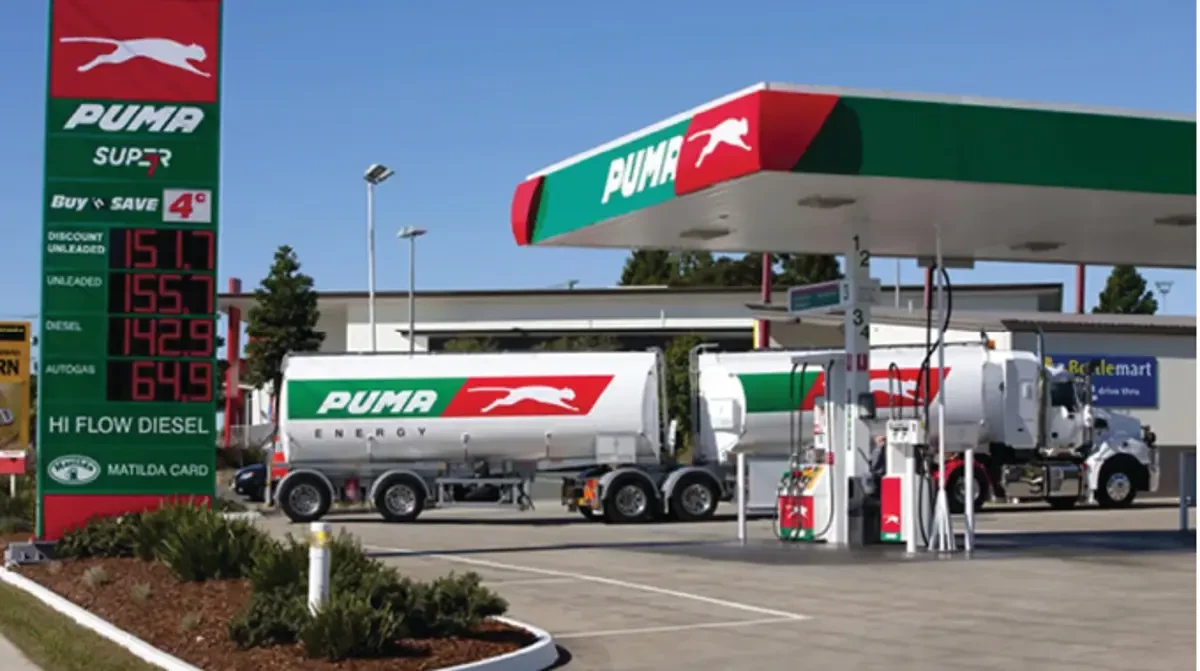
PUMA Energy Zimbabwe has reaffirmed its commitment to the country by intensifying its business presence through strategic partnerships aimed at elevating customer service, safety and convenience.
The company, set to inject US$30 million into the Zimbabwean market over the next three years, has allocated funds towards the expansion of its retail fuel network and storage facilities.
Additionally, resources will be directed towards the development of renewable energy solutions, as well as investments in local talent and communities, according to a statement released on Friday.
In anticipation of the imminent surge in domestic fuel and energy consumption, the company is set to increase its collaborative efforts with industry partners and regulatory authorities, to play its part in maintaining a consistent and reliable supply chain in Zimbabwe.
Confirming the company’s commitment to the country, Puma Energy Zimbabwe general manager Donatien Kodog said: “We are extremely confident about the future of Puma Energy Zimbabwe.
“This is evident in our plans to invest US$30 million in the country over the next three years to increase our storage capacity, open new service stations and introduce alternative energies such as LPG (liquefied petroleum gas) and solar solutions to the market.”
He added: “We are also committed to working with our industry partners and relevant regulatory authorities on the consistency of supply in Zimbabwe.”
The firm currently operates storage facilities at international airports in Victoria Falls and Bulawayo and work is underway to upgrade infrastructure and expand storage capacity at its Harare facility.
- Puma to roll out US$30m in expansion drive — MD
- Puma appoints new GM
- Puma Energy Zimbabwe goes green
- Puma Energy reaffirms commitment to Zim
Keep Reading
As part of Puma Energy’s global sustainability strategy to reduce greenhouse gas emissions, the company is working towards a 15% reduction by the end of 2025 and 30% reduction by the end of 2032 and aims for operational net zero by 2050.
Reaffirming this commitment at COP28 in Dubai, Puma Energy also signed the Oil and Gas Decarbonisation Charter. Nineteen retail fuel stations are set to be solarised next year in Zimbabwe.
Drawing on its expertise gained from installing clean energy at 300 Puma Energy service stations worldwide, the organisation is actively engaged in delivering clean energy solutions to clients and gearing towards a just energy transition, including supporting their decarbonisation journey.
Among some of the initiatives is a road safety programme to be rolled out in early 2024 in Zimbabwe targeting primary schoolchildren to empower and to make them more aware of what they can do to address their safety on the roads.
It complements the company’s zero harm focus on third-party trucker training and the use of in-vehicle monitoring systems to track and monitor driver behaviour with the goal of minimising exposure and mitigating accidents.
Puma Energy’s health, safety, security and environment protocols include conducting periodic fleet inspections, managing the age of the fleet, and implementing rigorous preventive maintenance measures.
Additionally, at a retail filling station level, there are regular and systematic condition checks to ensure optimal operational standards.
The company has developed a long-term talent pipeline which focuses on youth graduates through a programme that offers a one-year rotational learning across various business segments, and is supported through its Learning Pathways programme.
Currently, Puma Energy Zimbabwe supports the career growth of its employees, 99,5% of whom are local, through periodic capacity building workshops.
The company's planned investment builds on its existing investments in aviation, retail and storage infrastructure and its 10-year legacy in Zimbabwe.
Puma Energy is a leading global energy business, safely providing energy in over 30 countries, across six continents. Its downstream business segments include fuels, aviation, lubricants and bitumen.
In Zimbabwe, the energy firm has a retail network of 50 service stations countrywide, serves four airports and operates one terminal and four storage depots.







